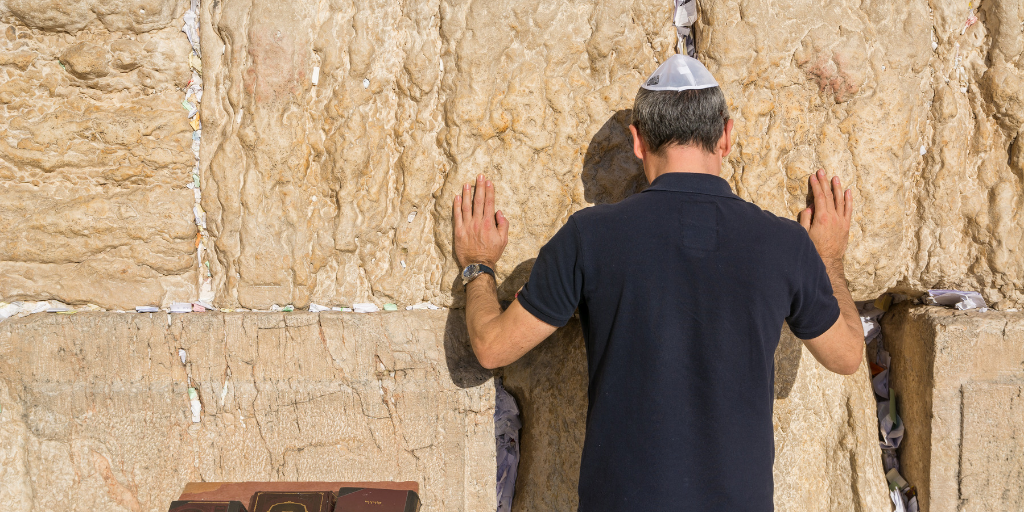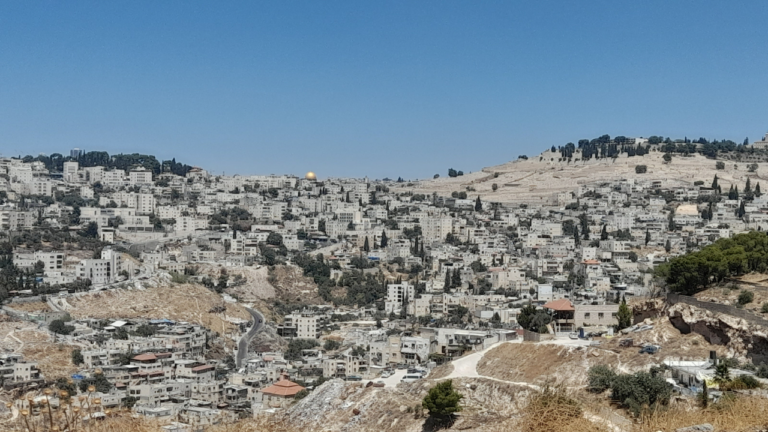The Despair of Jerusalem
Towards the end of this weeks parsha Moshe follows Hashem’s orders and approaches Paraoh with a message that he should free the Jewish people. Unfortunately, things do not turn out as Moshe plans and Paraohs’ response is to make the people work harder by not giving them straw. It is only the next time that Moshe approaches Paroah that the situation improves due to Hashem’s bringing of the plagues.
Why was this necessary? Why did Hashem orchestrate events such that things got worse before getting better? The Rebbe of Lublin suggests that the redemption from Egypt is the model for all future redemptions and especially the ultimate coming of Mashiach. The Talmud teaches us
that about the time period right before Mashi’ach.
As we learn in a baraita: There are three matters that come only by means of diversion of attention from those matters, and these are they: The Messiah, a lost item, and a scorpion. The Talmud explains that it is in the darkest moments when all hope is lost – that is when redemption
will come. It is that darkness that will be turned into the ultimate light of Mashiach.
Therefore, the Rebbe of Lublin explained, Moshe’s initial foray with Paraoh had to end with failure. Moshe himself, the ultimate believer, needed to have his hopes shattered and his skepticism rise before redemption could commence. This makes us realize how dependent we are on God and
makes us appreciate how great the redemption is.
If this is true regarding the redemption in general, then all the more so it is relevant for Yerushalayim, the capital of the redeemed world. It is only when the city and its inhabitants lose hope in its darkest moments that redemption comes. This is the picture that emerges from several descriptions of Yerushalayim in the book of Yeshayahu.
For example, Yeshayahu writes: “And Zion said, “The Lord has forsaken me, and the Lord has forgotten me.” It is only then that Hashem declares: “Shall a woman forget her sucking child, from having mercy on the child of her womb? These too shall forget, but I will not forget you.”
Similarly, when Yerushalayim’s children return to her, we read that “Lift up your eyes all around and see, they all have gathered, they have come to you; your sons shall come from afar, and your daughters shall be raised on [their] side. Then you shall see and be radiant, and your heart shall be scared and become enlarged.”
Why would Yerushalayim’s heart be scared as a result of the redemption? Metzudat Dovid explains that a person gets startled and at first scared when a positive unexpected eventuality suddenly becomes a reality. In other words, Yerushalayim had given up hope of an ingathering of the exiles and it is in that moment of despair that the redemption happens.
Let us hope and pray that we are already past these moments of despair and that the redemption of Yerushalayim has already begun. However, let us keep in mind the lesson that emerges from this week’s parsha – no situation is beyond redemption and it is specifically from the darkest moments that redemption springs.



